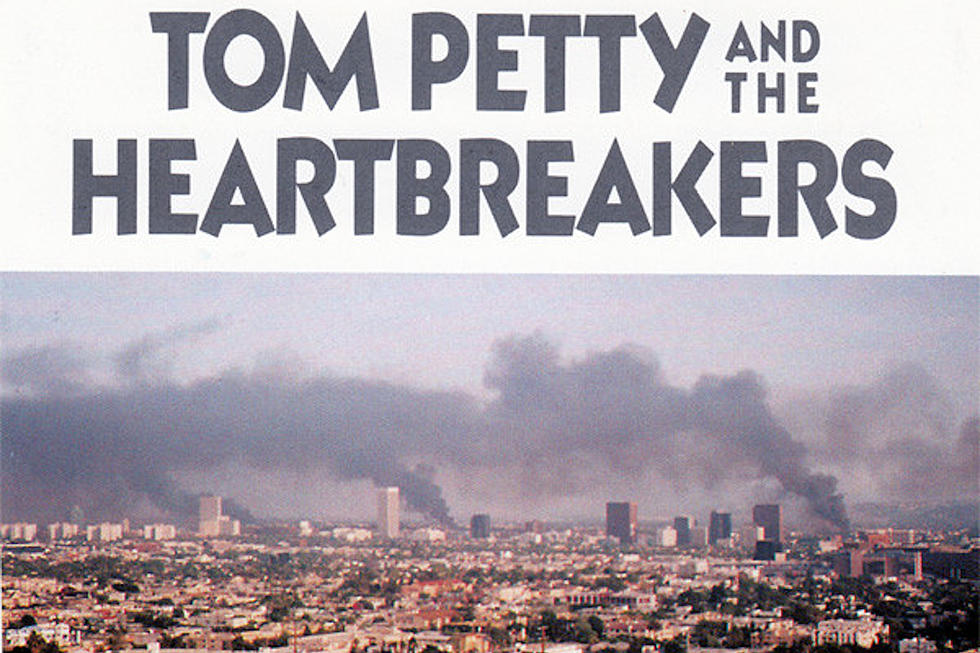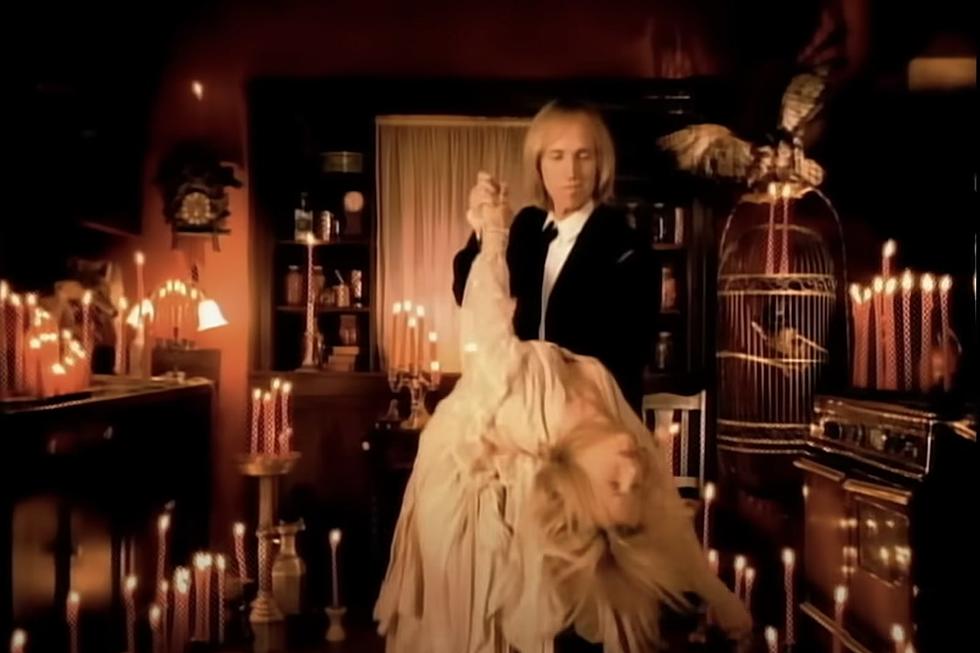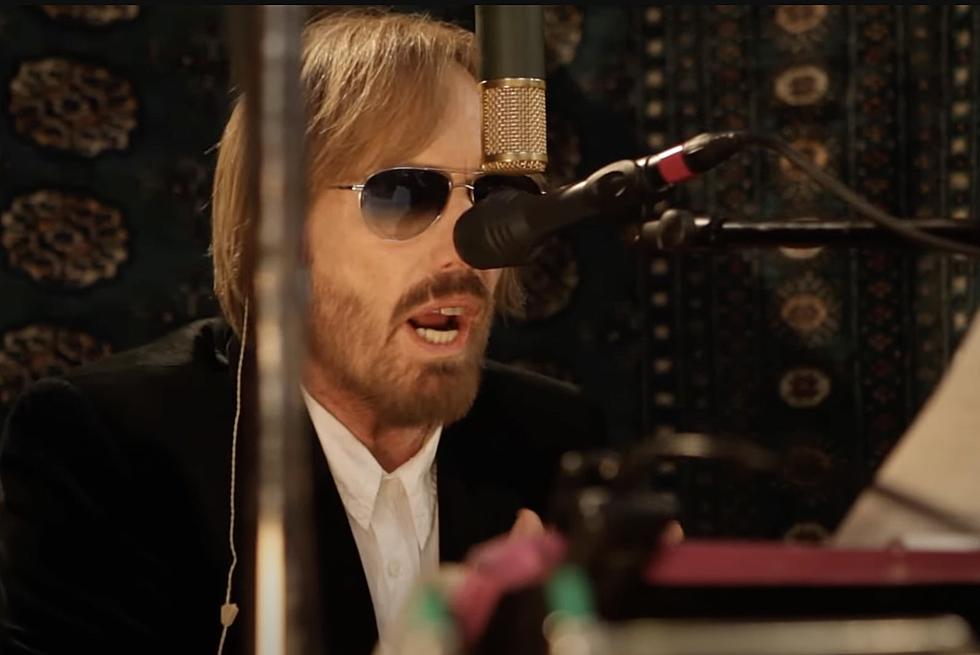
30 Years Ago: Tom Petty Calls for ‘Peace in L.A’ Amid Rioting
The Los Angeles riots broke out in Tom Petty's adopted hometown the same day he returned from a European tour in 1992.
"We got back," he said in Paul Zollo's Conversations With Tom Petty, "and all hell broke loose."
The unrest traced back to a traffic stop from the year before involving parolee Rodney King, who led police on a high-speed chase. King was beaten and kicked by officers, resulting in multiple skull fractures, broken bones and teeth, as well as permanent brain damage. The assault was caught on film by a bystander, and four L.A. Police Department officers were subsequently charged with excessive force.
They were found not guilty on April 29, 1992, however, and five days of rioting ensued. Broadcasts of the resulting turmoil ran constantly, as a broader conversation surrounding racial inequality, injustice and police brutality got underway.
Petty was tuned in too, and the images moved him to write. "There was nothing I could do," Petty told Rolling Stone in 1992, "but I didn't want to just sit and watch TV."
He finished "Peace in L.A" in a single sitting. "Once I had the song, I thought it would be of no use if we didn't put it on the radio right away," Petty added. "I knew I had only a quarter of an hour to write it. I wasn't thinking about anything but getting it out. I just had the feeling that the word 'peace' needs to be on the radio. We just need to hear 'peace, peace, peace.'"
Listen to Tom Petty and the Heartbreakers' 'Peace in L.A.'
Petty then called up the rest of the Heartbreakers, and everyone but Howie Epstein quickly gathered in the studio. They hoped to record his background vocals over the phone, but Epstein's lone contribution turned out to be a spoken-word portion of the B-side, "Peace in L.A (Peace Mix)." "What's burning? I think I smell smoke," Epstein can be heard saying.
"I think he was talking about something on the stove," Petty told Zollo. "It fit the situation, so we kept it in."
"Peace in L.A." moved forward at a lightning pace, appearing on radio within 24 hours of these sessions. "I wanted to make a statement," Petty told Rolling Stone in 1992. "Everyone was outraged. People of all colors were pissed off. I felt trapped."
Proceeds from "Peace in L.A." were donated to various charities in the city. A music video followed more than a decade later, utilizing footage from the riots.
“To this day I still get letters of thanks from missions in East L.A. because the money keeps coming in," Petty later said. "I felt good because it did some good.”
Legends Who Never Had a No. 1 Single
Remembering Tom Petty
More From Ultimate Classic Rock









